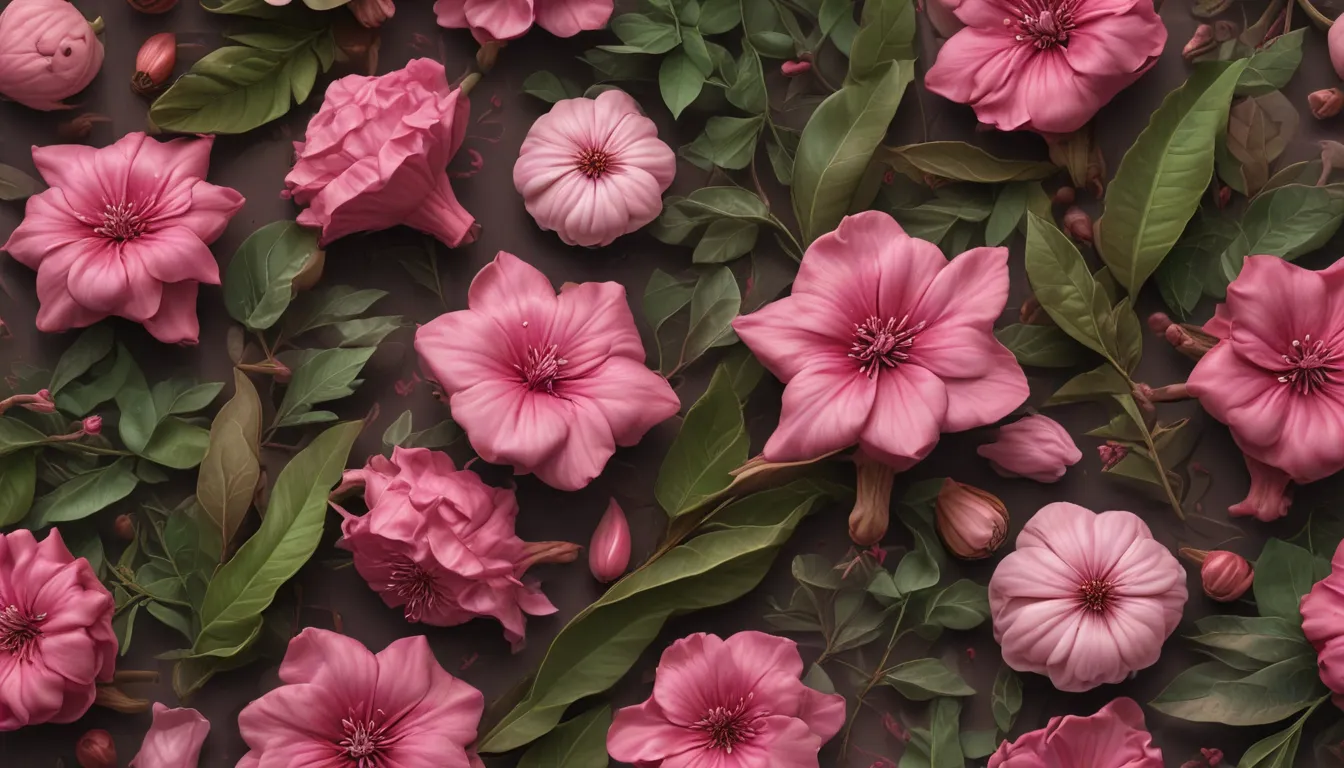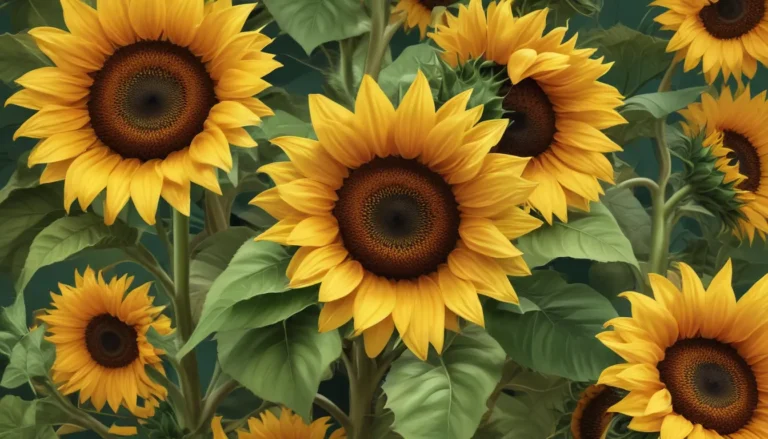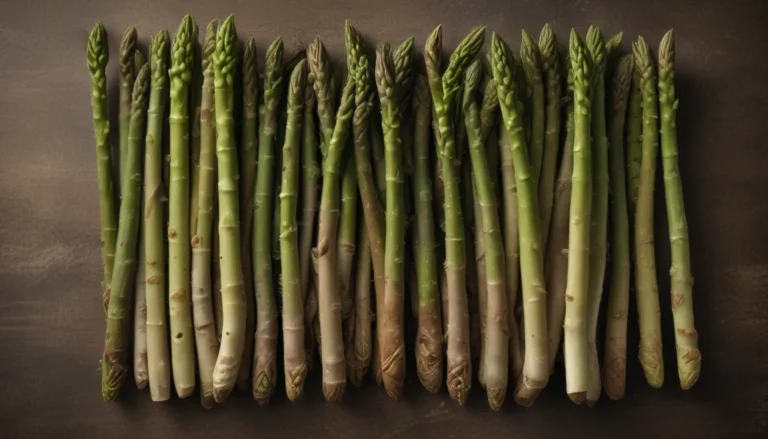The pictures we use in our articles might not show exactly what the words say. We choose these pictures to make you interested in reading more. The pictures work together with the words but don’t take their place. The words still tell you the important facts.
Are you ready to dive into the captivating world of clove pinks? These colorful and fragrant flowers, scientifically known as Dianthus caryophyllus, have a rich history and hold significant cultural symbolism. In this article, we will uncover 14 intriguing facts about clove pinks that will amaze and delight you. From their origin and symbolism to their medicinal uses and practical benefits, there's so much to learn about these beautiful blooms.
The Origin and Symbolism of Clove Pink
The name "clove pink" derives from the spicy scent of the flower, reminiscent of cloves. Also referred to as Dianthus caryophyllus in botanical terms, clove pinks have been associated with various symbolic meanings throughout history, including love, admiration, protection, and good luck. This vibrant flower comes in a range of colors, from shades of pink and red to white and even bi-color combinations, adding a touch of vibrancy to gardens and bouquets.
Cultural Significance and Uses
Clove pink holds cultural significance in many countries. It is the national flower of Spain and is used in traditional Chinese medicine for its therapeutic properties. Additionally, in Japan, clove pink is associated with Samurai warriors, symbolizing bravery, honor, and loyalty. These versatile flowers are not only beautiful but also practical. They attract pollinators like bees and butterflies, have medicinal properties, and can withstand drought conditions, making them a valuable addition to any garden.
Growing Clove Pinks
One of the fascinating aspects of clove pink is its long-lasting beauty. The blooms can last up to two weeks, making them an excellent choice for cut flower arrangements. Clove pink is relatively easy to grow, suitable for both expert gardeners and beginners. With proper care, it can thrive in various climates and soil conditions, attracting pollinators and adding charm to any outdoor space.
Medicinal Properties and Edible Uses
In traditional medicine, clove pink has been utilized for its medicinal properties. It is believed to reduce inflammation, soothe digestive issues, and promote relaxation. While primarily grown for ornamental purposes, some cultures use clove pink flowers in culinary creations. They can add a unique flavor and garnish to salads, desserts, and drinks, showcasing the versatility of these captivating blooms.
FAQs: Your Clove Pink Questions Answered
-
What is a clove pink?
Clove pink, scientifically known as Dianthus caryophyllus, is a colorful and fragrant flower belonging to the carnation family. -
How do I grow clove pinks?
Clove pinks thrive in well-draining soil and prefer full sun exposure. They can be grown from seeds or propagated through stem cuttings. -
What colors do clove pinks come in?
Clove pinks come in a wide range of colors, including pink, red, white, and variegated combinations. -
Are clove pinks fragrant?
Yes, clove pinks are known for their pleasant, spicy fragrance resembling cloves. -
What is the symbolism of clove pinks?
Clove pinks symbolize sentiments like love, admiration, and good luck, making them popular choices for special occasions.
Conclusion: Embracing the Beauty of Clove Pink
Clove pink, also known as Dianthus caryophyllus, is a fascinating flower with a deep history and unique characteristics. From its vibrant colors to its delightful fragrance, clove pink holds a special place in the world of plants and gardening. Whether you're a botany enthusiast, a flower lover, or simply curious about this captivating plant, exploring the history, symbolism, and properties of clove pink will deepen your appreciation for its beauty and cultural significance. The next time you encounter a clove pink, take a moment to marvel at its intricate petals and let its heavenly scent transport you to an enchanting world.
In conclusion, Clove Pink's enchanting fragrance and vibrant colors make it a beloved addition to any garden or bouquet. If you're curious about the perfect floral scent for your personality, check out our guide on perfume types. For more fascinating facts about Dianthus caryophyllus, the scientific name for Clove Pink, don't miss our article exploring its unique characteristics. And if you can't get enough of these beautiful blooms, dive into our collection of captivating flower facts that will leave you even more in love with nature's magnificent creations.






